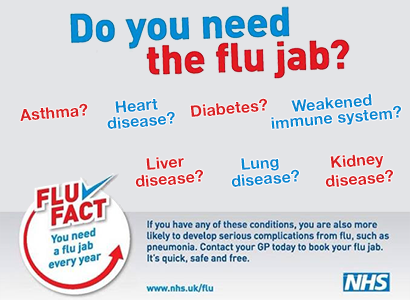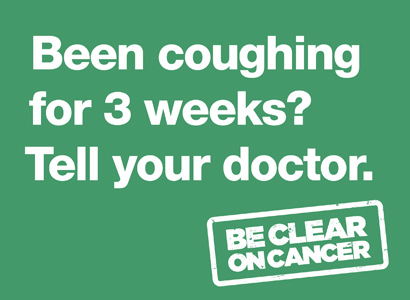The following diseases can be more serious than many people think. Some, in certain cases, can be potentially fatal. Your child can, however, be protected by immunisation.
Diphtheria
Because of immunisation, diphtheria is very uncommon in Britain these days but the risk of this potentially fatal disease still exists. Diphtheria starts off with a sore throat, which is followed by symptoms closely resembling a common cold. It also causes the airways of the nose and throat to become blocked causing difficulty in breathing.
HIB
(Haemophilus influenza type B.) is a bacterial infection, which can cause a number of diseases including bacterial meningitis, septicaemia, pneumonia and septic arthritis. It is the serious nature of HIB, which, in recent years, has made immunisation so important for those less than four years of age.
Measles
Measles is very common and particularly infectious. Like diphtheria it starts off like a common cold but the child quickly develops a temperature and a rash. Measles can be very serious indeed leading to all manner of problems such as ENCEPHALITIS, which can cause brain damage, bronchitis and pneumonia. Every year a number of children die from measles.
Mumps
Mumps is usually not a severe illness in itself. It can, however, lead to very unpleasant complications such as viral meningitis in children. Symptoms are usually restricted to a swelling under the jaw and behind and over the ears. In the U.K. over 1,000 people a year are admitted to hospital with mumps. Boys can get a secondary orchitis (inflammation of the testicles), which can leave them infertile.
Polio
Polio has been eradicated in the U.K. by immunisation. Increasing foreign travel, however, means there is a higher risk of this disease being reintroduced via unprotected individuals. It is a disease of the nervous system, which has the effect of affecting muscular movement. It can affect different muscle groups, for example those in the chest, causing difficulty in breathing, or those in the legs. It may lead to permanent paralysis.
Pneumococcal
Pneumococcal infection is one of the commonest causes of meningitis but it also causes ear infections, pneumonia and some other serious illnesses. The vaccine provides some protection against one of the commonest causes of meningitis, and also against other conditions such as severe ear infections and pneumonia caused by Pneumococcal bacteria. This vaccine does not protect against all types of Pneumococcal infection and does not protect against meningitis caused by other bacteria or viruses.
Rubella
(German Measles) is a very mild illness with symptoms similar to the common cold together with a rash, initially on the face which rapidly spreads all over the body. It is, however, highly dangerous to the unborn child and, therefore, it is especially important that pregnant women and those planning to become pregnant are protected.
Children’s Immunisation Schedule
| At 2 months of age | Diphtheria/Whooping Cough/Tetanus and Polio Hib Pneumococcal |
| At 3 months of age | Diphtheria/Whooping Cough/Tetanus and Polio Hib Meningitis C |
| At 4 months of age | Diphtheria/Whooping Cough/Tetanus and Polio Hib Meningitis C Pneumococcal |
| At 12 months of age | Hib and Meningitis C |
| At 13 months | MMR and Pneumococcal |
| At 3-5 years | Diphtheria/Whooping Cough/Tetanus and Polio booster MMR |
| At 13 – 18 years | Tetanus/Diphtheria/Polio booster |
If you have any doubts about any of the immunisations please speak to either your doctor, the practice nurse or health visitor.

 Sign in
Sign in



